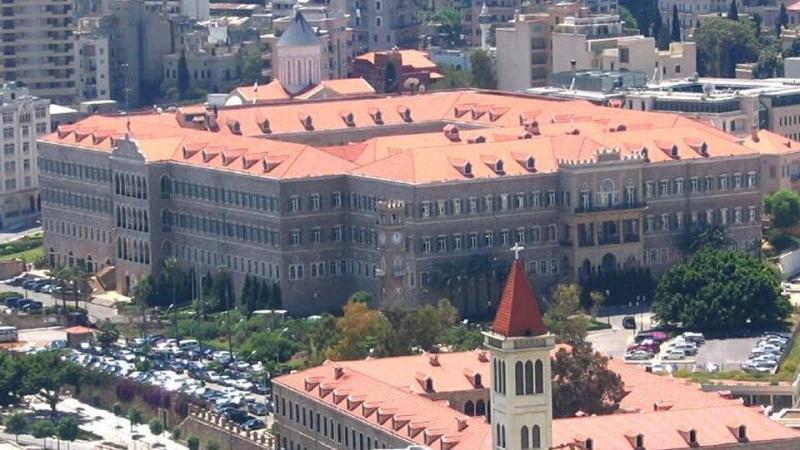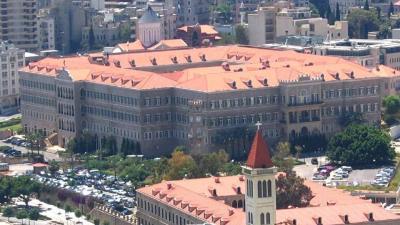The presidential entitlement is deeply enshrouded in ambiguity amid a tangle of dark clouds that grip the formation process of a new government, aimed at ensuring an "organized management" of the presidential vacancy that will take effect starting November 1. This formation is being hindered by conditions set by President Michel Aoun's team, which demands a significant share in the interim government, acting as a proxy for President Aoun, who will not acknowledge the end of his term until a successor is elected—only a candidate approved by his ally, Gebran Bassil, or a figure who can convey to him Christian representation. His opponents view this arrangement as the operational name of a comprehensive deal that positions Bassil as the actual ruler in the new term.
It is not a coincidence that rumors have circulated about the "Free Patriotic Movement" and Bassil beginning to explore the presidential deal with names that overlap with the 13 change-seeking deputies who insist on diverging from the majority of the opposition forces still rallying behind the candidacy of MP Michel Moawad. Moawad aims to increase the 40 votes he secured in the first election session, maintaining his legitimacy as a candidate until further notice; otherwise, this would hasten the transition to the "Plan B" for the key opposition parties that will not reveal their cards until the right moment.
While it remains unlikely that a quorum will be secured for the presidential election session on Thursday—with a decision expected soon on whether the "Free Patriotic Movement" bloc will boycott in response to Speaker Nabih Berri announcing the date on the anniversary of October 13, 1990—no one seems able to predict what the last 21 days of Aoun's term will witness, except to confirm that a vacancy is imminent and the formation of a new government requires a miracle. Meanwhile, the financial and living realities are pressing on everyone, and all that is missing to complete the cycle of the Lebanese "nightmare" is cholera.




